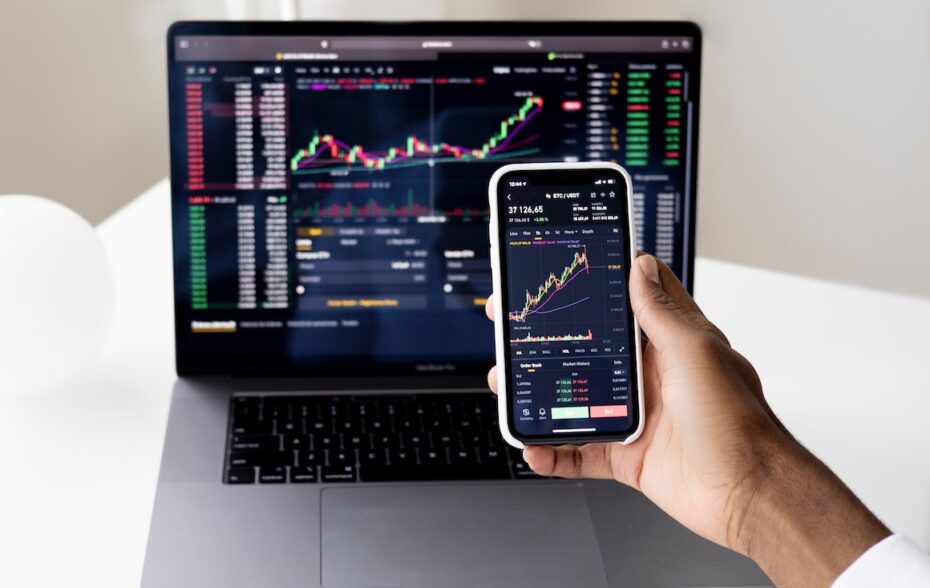Why ‘Big Short’ Investor Michael Burry Is Warning Investors About ‘The Mother Of All Crashes’

When Michael Burry speaks, many in the investment community listen.
A physician by trade, Burry is the founder of hedge fund Scion Capital. Burry famously ran Scion from 2000 until 2008, becoming one of the first investors to warn – and profit – from the subprime mortgage crisis that caused a major stock market crash and recession, from 2007 to early 2010.
In those years, Burry became known in the investment community as the “Big Short” investor. He shorted financial companies with heavy positions in subprime mortgages. He’s the mastermind behind utilizing a financial instrument called the credit default.
He correctly betted that banks and other financial services companies were overleveraged, approving too many risky mortgages for houses that many couldn’t afford. When all that bad debt caught up with the banks and the market tanked in 2008, Burry made a killing on being right.
His story was featured in Michael Lewis’s book on the housing bubble and financial crisis: The Big Short: Inside the Doomsday Machine. The book was adapted into the Academy Award-winning film by Adam McKay of the same name. Christian Bale played Burry in the movie.
Though no longer managing his hedge fund, he’s currently believed to have a net worth north of $300 million.
Fast forward to the present
Burry loves to bet against a populist underdog. In May 2021, he revealed a major short position on Tesla – to the tune of $534 million. In a tweet that was later deleted, Burry speculated that Tesla’s overall revenue is too heavily propped up by reliance on government regulatory credits.
Burry warned stock investors against another market bubble.
Per usual, he later deleted the tweets, according to The Independent.
He warned cryptocurrency and meme stock investors that the “mother of all crashes” could be just around the corner.
“All hype/speculation is doing is drawing in retail before the mother of all crashes,” he wrote on Twitter.
“When crypto falls from trillions, or meme stocks fall from tens of billions, #MainStreet losses will approach the size of countries. History ain’t changed,” he added.
Meme stock FOMO – A problem?
According to Business Insider, Burry also commented on FOMO investing.
IE: Buying a stock like $AMC or $GME just because others are in on it.
“#FOMO Parabolas don’t resolve sideways.”
In the same series of deleted tweets, he alluded to the problem of people using FOMO – or fear of missing out – as an excuse to borrow money to buy stocks or crypto, driving up the hype and inflating the price:
“The problem with #Crypto, as in most things, is the leverage. If you don’t know how much leverage is in crypto, you don’t know anything about crypto.”
Burry previously had supported meme stocks like GameStop, driven by retail investor hype from Reddit’s r/WallStreetBets. But then he changed his tune, claiming these meme stocks were wildly overvalued.
“If I put $GME on your radar, and you did well, I’m genuinely happy for you. However, what is going on now – there should be legal and regulatory repercussions. This is unnatural, insane, and dangerous.”
Is a bubble about to burst?
Burry doesn’t necessarily have a crystal ball for the future – he just sees stock market trends that don’t appear to be grounded in reason and calls them out for exactly that. More, consider it a gut-check on the current volatility of the stock market – especially as Meme stocks continue to rollercoaster and the Federal Reserve considers raising interest rates.
In a similarly deleted tweetstorm, Business Insider noted that Burry was calling the markets “the greatest speculative bubble of all time.” He even took it one step further, with the qualifier “in all things”
“People always ask me what is going on in the markets,” he tweeted. “It is simple. Greatest Speculative Bubble of All Time in All Things. By two orders of magnitude. #FlyingPigs360.”